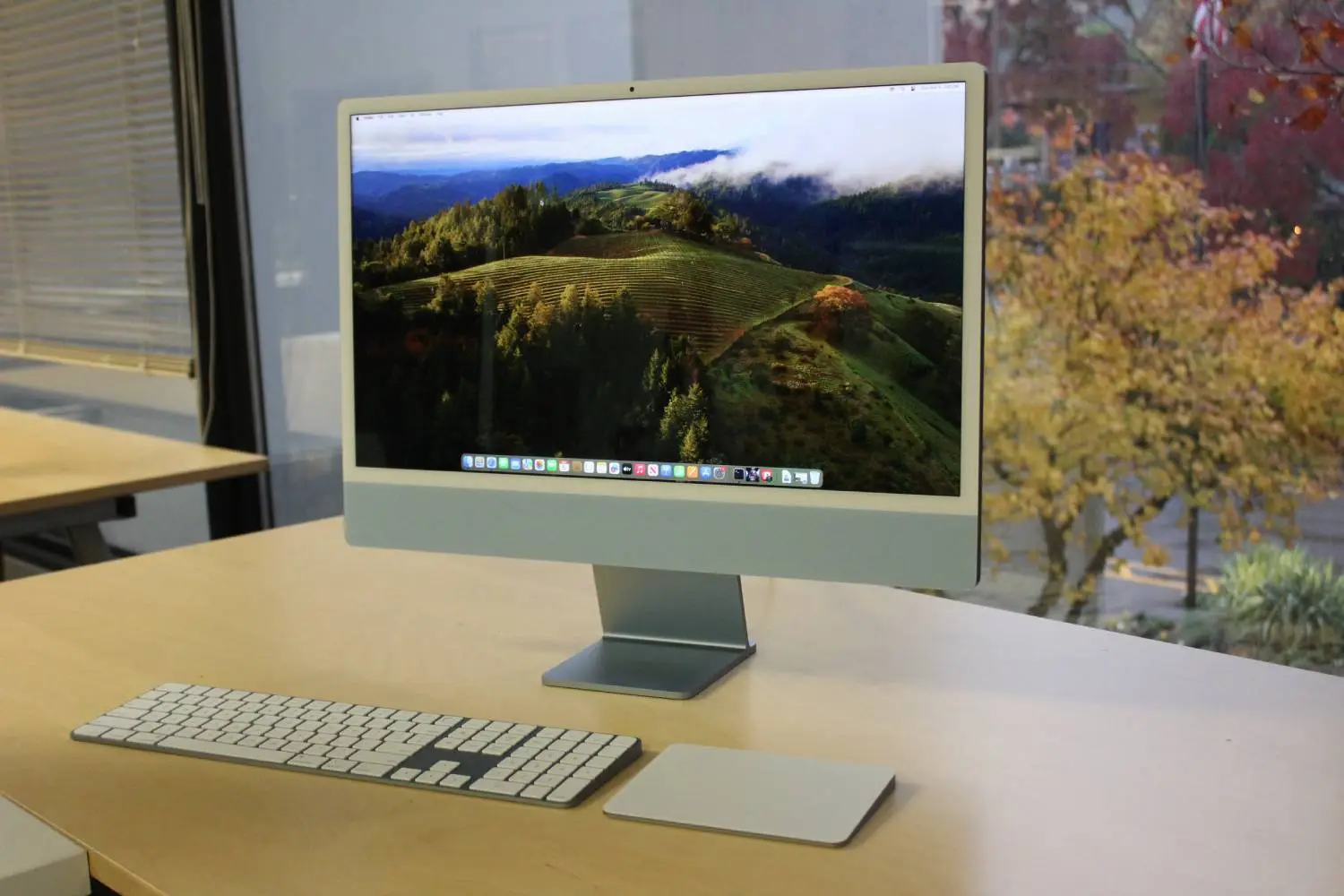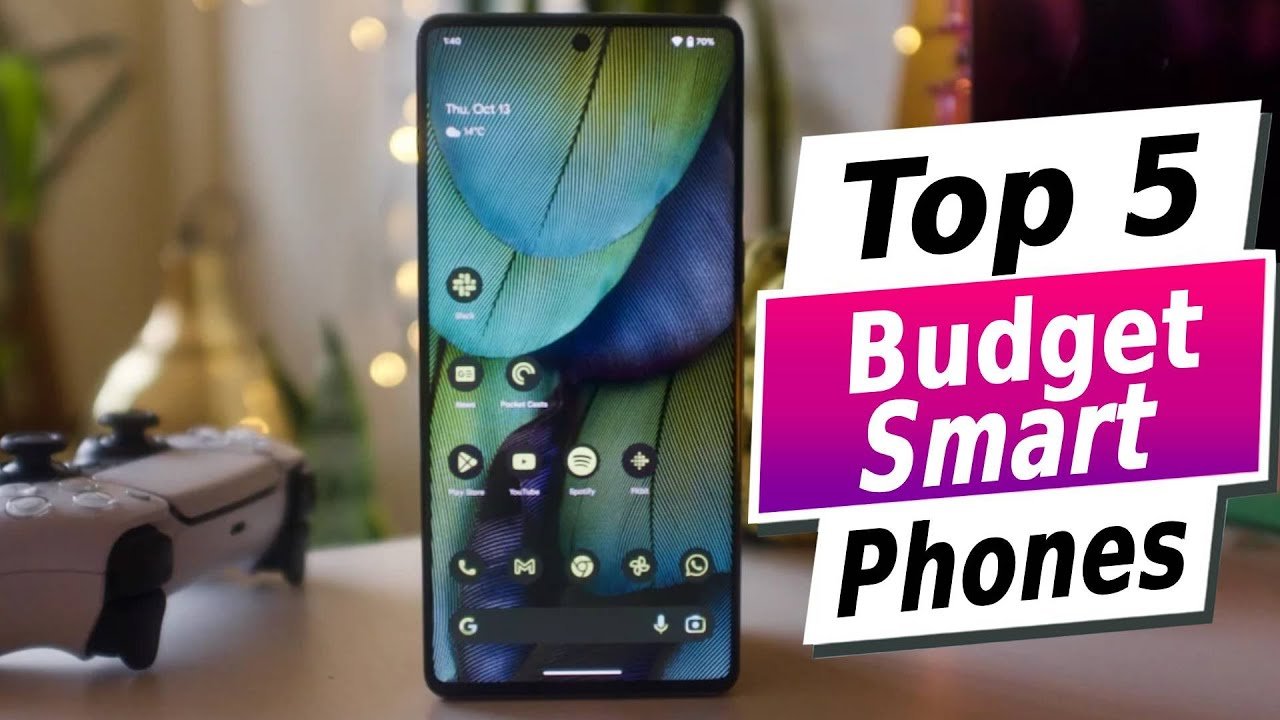Choosing the right computer can feel overwhelming with the countless options available today. Whether you need it for work, gaming, school, or general use, the right computer can greatly enhance your productivity and entertainment. So, how do you decide which one to buy? This article breaks down the different types of computers and their benefits to help you make the best choice for your needs.
Understanding Your Needs
Before diving into the specs and options, it’s crucial to understand your own requirements. Are you looking for a machine to handle professional software, or do you need something lightweight for travel? Do you intend to game or simply browse the web? Asking these questions will give you a clearer idea of what kind of computer to focus on.
Desktop Computers: Power and Customization
Desktop computers are often the go-to option for users needing high performance and customization options. These machines excel in raw power, offering more robust processors, larger storage capacity, and better cooling systems compared to their portable counterparts. You can easily upgrade a desktop over time, swapping out components like the CPU, GPU, RAM, or storage as newer technology becomes available.
Who should buy a desktop?
If you’re someone who works with heavy-duty tasks—like video editing, 3D rendering, or even serious gaming—a desktop is probably your best option. Desktops are also great for multitaskers or those looking for long-term solutions, as they tend to have a longer lifespan due to their upgradeability.
Laptops: Portability Meets Performance
Laptops strike a balance between performance and portability. Modern laptops are lightweight, powerful, and capable of handling everything from professional work to media consumption. The best part is their portability—you can take them anywhere, making them ideal for students, business professionals, or anyone who needs to work on the go.
Best uses for laptops
For users who need a computer that can travel with them, laptops are the obvious choice. Laptops are versatile enough for word processing, light photo editing, streaming videos, and even some gaming on higher-end models.
Gaming PCs: Powerhouses for Entertainment
Gaming PCs are designed with high-end performance in mind. They come with powerful graphics cards (GPUs), top-of-the-line processors, and often sophisticated cooling systems to handle the intense demands of modern games.
Are gaming PCs only for gamers?
Absolutely not. Gaming PCs can be great for non-gamers as well, especially for professionals working in fields like graphic design, animation, or video production. Their powerful hardware makes them excellent for any high-performance task, not just gaming.
2-in-1 Laptops: Flexibility at Its Finest
A 2-in-1 laptop is a hybrid device that combines the portability of a laptop with the convenience of a tablet. These machines typically feature touchscreens and can flip or detach from the keyboard to switch between laptop and tablet modes.
Ideal scenarios for using a 2-in-1
These devices are perfect for creative professionals, students, or anyone who likes the idea of having a versatile machine that can function in multiple ways. Whether you’re sketching designs, taking notes, or streaming content, a 2-in-1 offers the flexibility to do it all.
Ultrabooks: Slim and Sleek for Professionals
Ultrabooks are thin, lightweight laptops that pack a punch in performance while maintaining a sleek design. Known for their fast SSD storage, long battery life, and powerful processors, Ultrabooks are perfect for professionals who prioritize portability without sacrificing performance.
Why professionals love Ultrabooks
If you’re a business traveler, freelancer, or consultant constantly on the move, an Ultrabook can be a game-changer. It delivers performance in a highly portable package, making it an excellent choice for presentations, video conferences, and document work.
Mac vs. PC: Which is Right for You?
The Mac vs. PC debate is as old as modern computing itself. Both platforms have their loyal fans, and each has distinct advantages depending on what you’re looking for.
- Mac (macOS): Known for its sleek design and seamless integration with other Apple products, Mac is a favorite among creative professionals for tasks like graphic design, music production, and video editing.
- PC (Windows): Offers more variety in terms of hardware, with options ranging from budget to high-end gaming machines. Windows is also more widely compatible with different software programs.
Chromebooks: Simplicity and Affordability
Chromebooks are known for their simplicity and affordability, making them a great choice for users who mainly browse the web or work within the Google ecosystem. Running on Chrome OS, they are fast and lightweight, but they do have limitations when it comes to running more intensive programs.
Who are Chromebooks for?
If you primarily use your computer for browsing, streaming, or light office work, a Chromebook might be the perfect, budget-friendly solution for you.
Tablets: Are They a Suitable Computer Replacement?
Tablets, like the iPad or Microsoft Surface, have become incredibly powerful over the years. They’re great for casual use—browsing the web, streaming, reading, or playing games. Some users even find that with a keyboard attachment, a tablet can replace their laptop for basic tasks.
Key Hardware Considerations When Buying a Computer
When selecting your computer, you’ll want to think about the hardware inside. Here’s a quick breakdown:
- Processor (CPU): The brain of your computer. Higher clock speeds and more cores allow for better multitasking and performance.
- RAM: Determines how many programs you can run simultaneously. For most users, 8GB of RAM is sufficient, but more demanding tasks may require 16GB or more.
- Storage: Solid-state drives (SSD) are faster than traditional hard disk drives (HDD), making them a must for anyone who wants their computer to boot quickly and handle large files with ease.
Graphics Cards: Do You Really Need One?
Not everyone needs a dedicated graphics card (GPU). For tasks like word processing, web browsing, and light photo editing, integrated graphics are usually enough. However, for gaming, video editing, and 3D rendering, a dedicated GPU is essential.
Battery Life and Portability: Laptops and Tablets
For users who are constantly on the move, battery life is a crucial factor. Laptops and tablets have made significant strides in recent years, with many offering all-day battery life. When comparing, look at both battery capacity and real-world performance to ensure the device meets your
needs.
Budget Considerations: How Much Should You Spend?
Budget plays a significant role in deciding what kind of computer to buy. While desktops offer more power per dollar spent, laptops provide the convenience of portability. Chromebooks and budget laptops are excellent for basic tasks, while high-end gaming PCs and workstations come at a premium price for those who need top-tier performance.
Conclusion: Choosing the Best Computer for Your Needs
Ultimately, the best type of computer for you depends on your individual needs. Whether you need the power of a desktop, the portability of a laptop, or the flexibility of a 2-in-1, there’s a perfect machine out there for you. Take the time to assess your priorities, consider your budget, and make an informed decision that will serve you well for years to come.
FAQs
- How often should I upgrade my computer?
For most users, upgrading every 4-5 years is recommended, depending on your needs and how well your current computer is performing. - What’s the difference between SSD and HDD storage?
SSDs are faster and more reliable, but typically more expensive than HDDs, which offer more storage space for a lower price. - Is a gaming laptop good for work purposes?
Yes, gaming laptops can handle work tasks, especially those requiring high performance, such as video editing or 3D modeling. - What are the best brands for reliable computers?
Reputable brands include Dell, HP, Apple, Lenovo, and ASUS, all of which offer reliable machines across various price ranges. - Should I prioritize CPU or RAM when buying a computer?
Both are important, but if you multitask frequently, prioritize more RAM. For intensive processing tasks, a better CPU should be your focus.





Leave a Reply